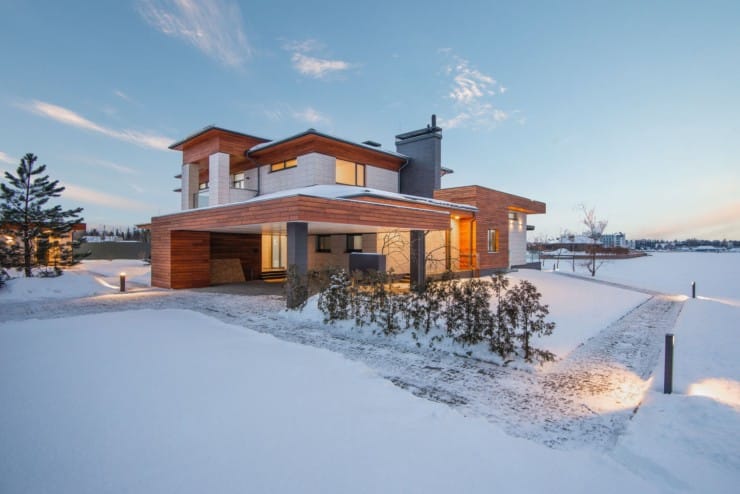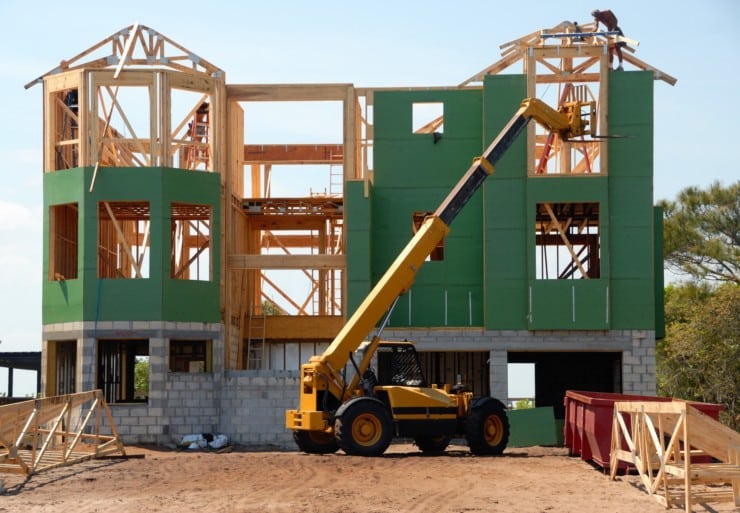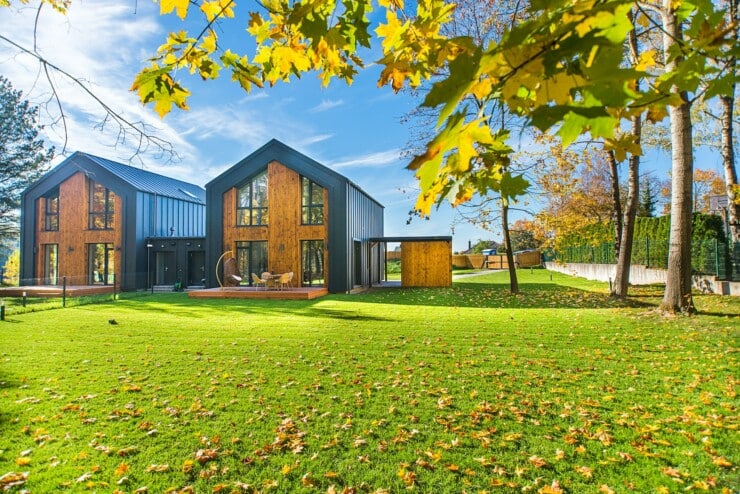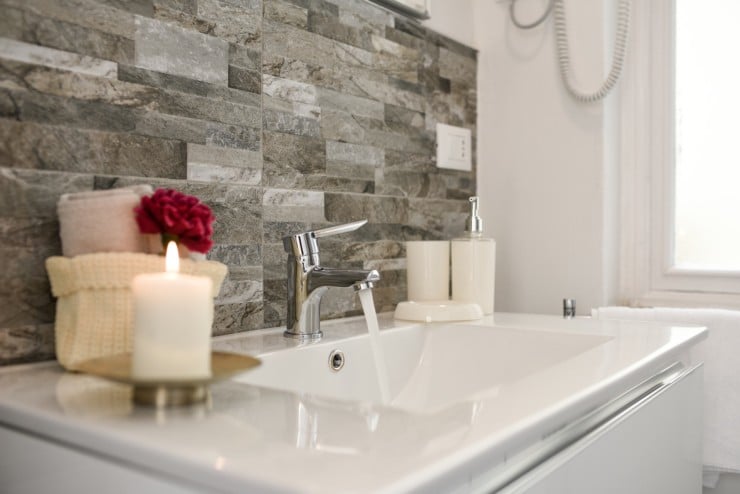Can a House Be Built Without a Foundation?
A multitude of crucial components are required in order to construct a house. These include the framing, roofing, and windows, all of which are essential in any home.
However, arguably the most essential element is the foundation. Without a strong foundation, a house will quickly fall apart.
So can a house be built without a foundation? This blog post will explore that question and see what happens when a house is built without a foundation.
Can a House Be Built Without a Foundation?

Yes, while building a house without a foundation is possible, it is not advisable. A house built without foundation will be unstable and prone to collapse.
In many cases, building codes require that a house have a foundation to be considered structurally sound. So while it might be possible to build a house without foundation, it is not a wise decision.
Instead, focus on building a solid foundation for your home, and you can be sure that your house will be safe and stable.
What Happens When a House Is Built Without a Foundation
If you decide to build a house without foundation, there are some things you need to keep in mind:
The House Will Be Unstable and Prone to Collapse
Without foundation, your house will not be stable. It is likely to fall over in high winds or during an earthquake. It is not uncommon for homes without foundations to collapse completely.
The House Will Be Difficult to Insulate
A foundation provides a layer of insulation between the earth and the house.
Without foundation, the ground will contact the house’s walls, and it won’t be easy to keep the inside of the home warm in winter and cool in summer.
The House Will Be Difficult to Heat and Cool
A foundation provides a layer of insulation that helps keep the home warm in winter and cool in summer.
Without a foundation, the home will lose heat in winter and gain heat in summer, making it challenging to maintain a comfortable temperature inside the house.
In addition, houses without foundations are more prone to mold and mildew, making it challenging to keep the house cool in summer and warm in winter.
The House Will Be More Susceptible to Pests
Houses without foundations are more accessible for pests to invade. Without foundation, there is no barrier between the earth and the home, making it easy for insects and rodents to get inside.
Pests can cause severe damage to a home, so make sure you take measures to protect your home from pests when you are building it without foundation.
In addition, pests can carry diseases, so it is essential to take precautions against them.
The House Will Be More Difficult to Repair
Houses without foundations are more difficult to repair than houses with foundations. If something goes wrong with the house, it will be more challenging to fix it if there is no foundation.
The House Will Be More Expensive to Build
Houses without foundations are more expensive to build than houses with foundations.
This high cost is because it takes extra time and effort to build a house without a foundation. The materials needed for a foundation are not as expensive as those required for a regular foundation.
What Are the Benefits of Having a Foundation?

When building a house, the foundation is one of the essential aspects.
Below are some benefits of having a foundation:
- The most significant advantage of having a foundation is that it provides stability and support to the house.
The foundation transfers the weight of the house down into the ground, which helps keep the house from shifting or moving. It is vital in areas prone to earthquakes or other natural disasters.
- A foundation also helps to protect the home from moisture damage.
The soil below the foundation will help absorb moisture, while the concrete slab will help keep water from seeping up into the house. It can be crucial in climates where there is a lot of rainfall or snow.
- A foundation can also help to improve the insulation of a house.
The foundation helps keep heat in during the winter and out during the summer by creating a barrier between the ground and the house. It can help to reduce your energy bills and make your home more comfortable.
- A foundation can also help to protect the house from pests.
The concrete slab will prevent termites and other bugs from getting into the house, while the soil below the foundation will help to keep rodents from burrowing their way in.
- Finally, a foundation can help increase the resale value of a home.
By having a well-built foundation, you can ensure that the house is in good condition and is less likely to need repairs down the road. It can make it easier to sell the home if you ever decide to move.
For further reading, you might like to read up on some home-building expert advice.
Frequently Asked Questions
What Are Some Common Foundation Types?
There are many different types of foundations; however, concrete slabs, crawl spaces, and basements are the most common.
Each type has its advantages and disadvantages, so be sure to consult with a professional before deciding which type is best for your home.
What Is the Process of Building a Foundation?
The process of building a foundation typically includes excavating the site, laying down a base course layer of gravel, installing steel reinforcing rods, pouring concrete, and curing it.
It can take several days to weeks to complete the process, so be sure to plan.
Final Thoughts
Building a house without a foundation is not advisable, as the consequences can be severe.
Ensure you consult with an engineer if you are thinking about building a house without a foundation to ensure it is safe.
It would also be best to factor in the extra cost of building a house without a foundation when deciding to make one.







